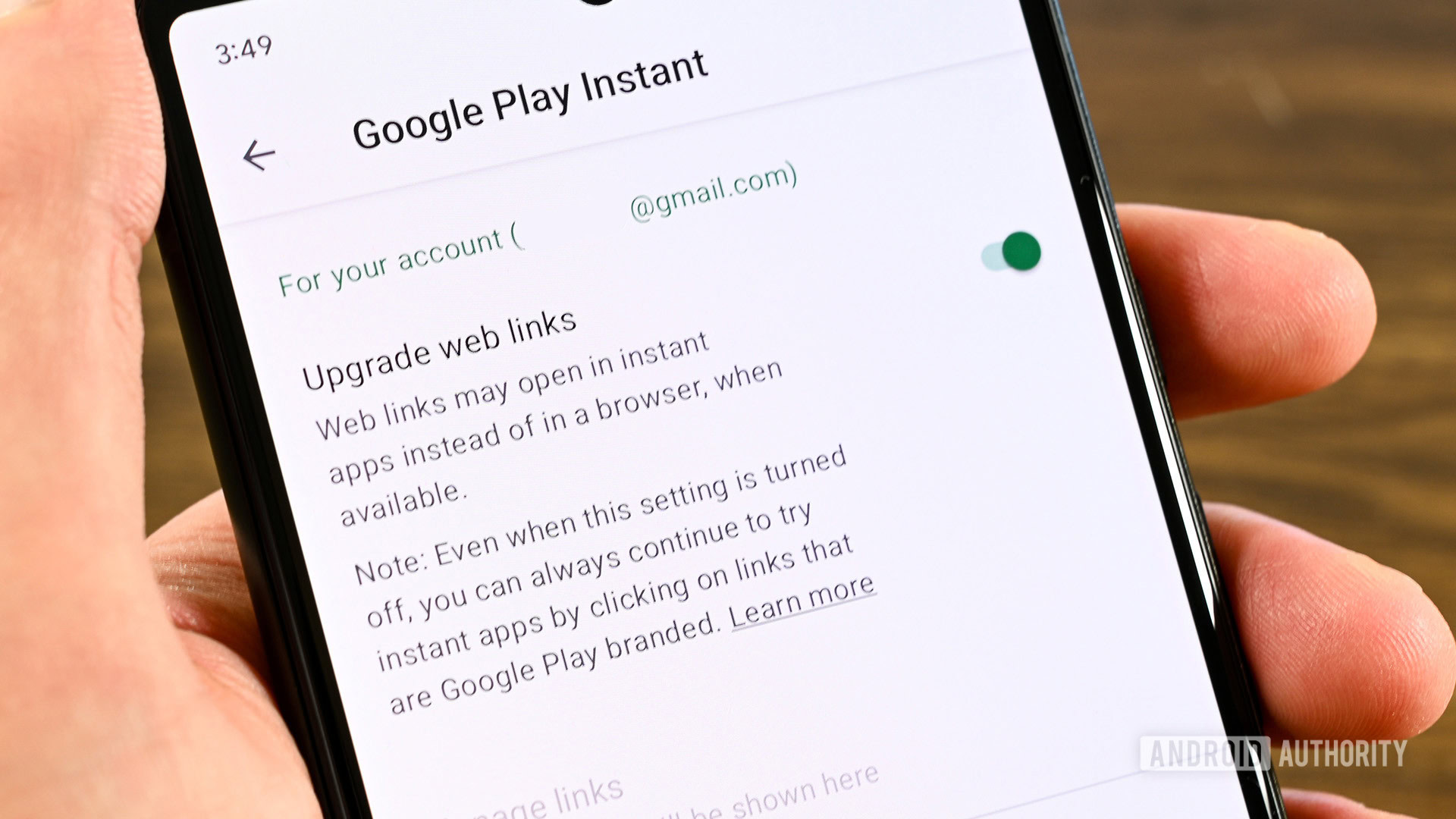- Product & Design Pulse
- Posts
- Product & Design Pulse v44
Product & Design Pulse v44
Apple Overload! 🍎
Welcome to this week’s edition of Product & Design Pulse, where we explore the latest in tech, product, design, and innovation! Disney and Universal sued Midjourney over AI-generated images, raising major questions about intellectual property and generative AI. Apple debuted iOS 26, macOS Tahoe, and more—introducing a unified new design and expanded Apple Intelligence features across its platforms. A brief but widespread Google Cloud outage disrupted services like Spotify and Discord, highlighting infrastructure fragility. Figma urged design education to incorporate business fundamentals, while Apple researchers cautioned against overestimating the reasoning abilities of large language models. Plus, Threads began testing a DM inbox, Reddit rolled out upgraded comment tools, Snapchat+ received new features, and more!
Last week…
Midjourney Faces Lawsuit from Disney and Universal Over AI-Generated Content
Disney and Universal are suing Midjourney, alleging the AI company infringed on their intellectual property by enabling users to create unauthorized images of characters and scenes from their franchises. The lawsuit claims that Midjourney’s AI model was trained on copyrighted material without permission and is contributing to widespread misuse. This marks a pivotal legal challenge as entertainment giants push back against generative AI tools that blur the boundaries of creative ownership.
Google Cloud Outage Briefly Disrupts Internet Services Worldwide
A global internet disruption on June 11 was traced to a Google Cloud networking issue, affecting major services including Spotify, Snapchat, and Discord. The outage lasted approximately an hour and highlighted the internet’s dependency on centralized infrastructure. Google has since restored services and pledged to investigate the root cause.
The Illusion of Thinking: Apple Research on Language Models
Apple researchers have published a paper exploring how large language models can appear to “think” by generating fluent responses, even when their reasoning is flawed. The study warns against overestimating LLM capabilities based on output fluency and advocates for better evaluation techniques. The findings aim to inform safer and more accurate use of language models in real-world applications.
Designers Need to Learn the Language of Business
Figma’s latest blog post argues that design education should evolve to include business fundamentals like product strategy, KPIs, and stakeholder alignment. The piece suggests that bridging the gap between design and business can empower designers to drive greater impact. Real-world examples from companies like Duolingo and Pinterest reinforce the value of this interdisciplinary fluency.
Ben Thompson critiques Apple’s recent strategic reversals, including its decision to allow alternative app payments and app stores in response to regulatory pressure. He argues that Apple’s past strength in controlling its ecosystem is now becoming a liability in a world increasingly focused on openness and AI-driven experiences. The piece suggests Apple must rethink its approach to remain competitive in this shifting landscape.




















